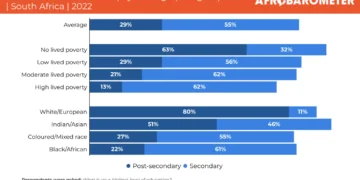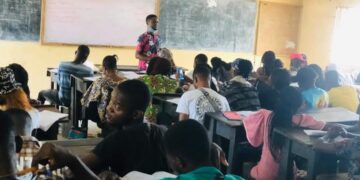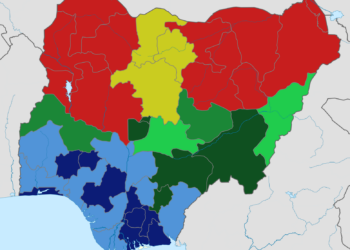Financial literacy is an important skill for kids to learn at an early age. It is the ability to understand and competently manage financial matters, including budgeting, saving, and investing. Budgeting helps you to plan how you intend to use the money you get/earn while savings and investing helps to accumulate and multiply your money over many years. Financial literacy sets the foundation for good money management habits in adulthood.
Here are a few key nuggets of financial wisdom that parents and educators can teach children to help them become financially savvy:
Savings are important! – Children must always find a way to save a portion of every money they get. Children should also be taught the value of setting money aside for a rainy day, and the importance of building an emergency fund. It is important to save a portion of any money you receive, whether it be from allowance, gifts, or part-time jobs.
Needs vs Wants – Children should understand the difference between things they want and things they need. Not understanding the difference leads to waste of money by spending excessively on unimportant things. Understanding the difference between needs and wants will help them correctly prioritise what they spend money on and make more responsible financial decisions.
Life-Changing Magic of Compound Interest – Saving your money is not enough, you must wisely invest the savings in investments with good compound interest. Compound interest accelerates the growth of your savings and investments over time. Teaching children about compound interest at a young age can help them understand the importance of saving and investing for the long-term. Small savings can grow into significant amounts over time with the help of compound interest.
Budgeting and financial planning – Everyone, including children, should engage in the practice of planning and budgeting. Your budget brings clarity to your financial status and simplifies how you spend your money. It helps you to manage your money more effectively and achieve your financial goals. It is not enough to have a budget; it is equally important to stick to the budget.
Credit is Risky – Credit means money borrowed from other people. Credit is risky because money borrowed typically must be repaid with interest. It is advised to avoid taking Credit unless in special cases and with a good plan to repay as soon as possible.
There is NO Easy Money – It is important that children learn that money doesn’t come easy and earning it requires hard work and determination. Children should find ways to earn money, whether it be through a part-time job, starting a small business, or freelancing. Offer to provide services to others for a fee and earn good money doing it.
Your money is NOT for you alone – Everyone is part of a community and there are always people with needs in every community. Therefore, children should learn the importance of giving back to their community from their own resources to help others in need. Where they have no money to give, children can volunteer their time and give other resources to help others.
Financial literacy helps you to make the right choices with your money and sets you up for financial success in the future. It is an important life skill which has far reaching implications on other aspects of one’s life. It is never too early to start learning about money.





































































 EduTimes Africa, a product of Education Times Africa, is a magazine publication that aims to lend its support to close the yawning gap in Africa's educational development.
EduTimes Africa, a product of Education Times Africa, is a magazine publication that aims to lend its support to close the yawning gap in Africa's educational development.

